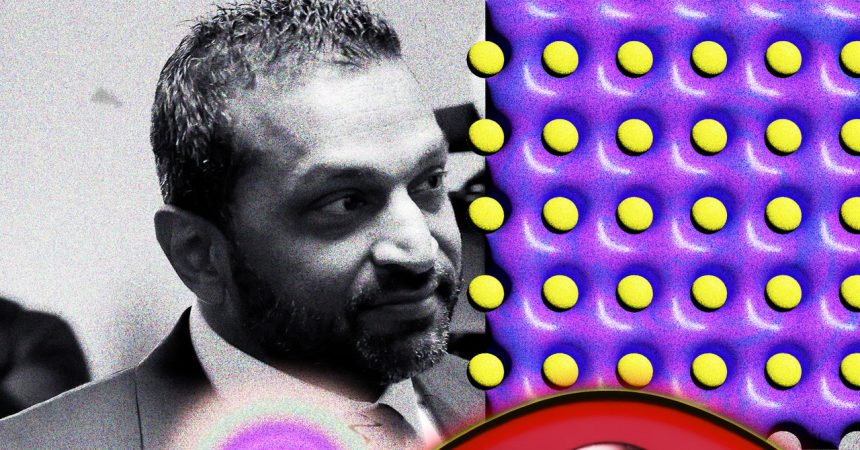The resurgence of QAnon theories, fueled by Donald Trump’s return to the political forefront, presents a concerning trend in the dissemination of misinformation. Contrary to the common perception of QAnon followers as predominantly older individuals, a significant portion of believers are under 50, suggesting a broader appeal across demographic lines. This younger cohort’s engagement with the conspiracy theory highlights the vulnerability of digital natives to online misinformation and the need for effective counter-narratives. The confluence of pre-existing mistrust in institutions, coupled with Trump’s endorsement of conspiracy narratives, creates a fertile breeding ground for QAnon’s growth, making it a persistent challenge in the current information landscape.
The QAnon community has interpreted Trump’s renewed political activity as validation of their beliefs, anticipating the fulfillment of the movement’s prophecies. The expectation of a grand reckoning, involving the dismantling of perceived enemies and the exposure of alleged conspiracies, permeates QAnon discussions on fringe platforms. The belief in imminent arrests, exposure of fabricated narratives, and the implementation of radical economic policies reveals the extent to which the conspiracy theory has permeated the worldview of its adherents. This fervent anticipation, driven by misinformation and conspiratorial thinking, poses a significant challenge to efforts aimed at countering the spread of QAnon.
The proliferation of QAnon content on mainstream social media platforms like Facebook, Instagram, TikTok, and especially X (formerly Twitter), signals a worrying expansion of the conspiracy’s reach. Elon Musk’s acquisition of Twitter and subsequent rebranding as X has coincided with a relaxation of content moderation policies, inadvertently creating an environment conducive to the spread of misinformation. This resurgence on mainstream platforms, coupled with the continued activity on fringe networks like Telegram, Gab, and Truth Social, provides QAnon influencers with broader audiences and opportunities for monetization. The failure of these platforms to effectively address the spread of harmful content contributes to the normalization of conspiracy theories and poses a serious threat to informed public discourse.
The amplification of QAnon content by notable figures, particularly Donald Trump, further legitimizes the conspiracy theory in the eyes of its followers. Trump’s extensive promotion of QAnon-linked accounts on his Truth Social platform demonstrates a deliberate embrace of the movement and its narratives. This endorsement from a prominent political figure adds a veneer of credibility to the conspiracy, making it even more appealing to susceptible individuals. The combination of Trump’s influence and the lax content moderation policies of certain social media platforms creates a perfect storm for the spread of QAnon misinformation.
The prevalence of QAnon theories underscores the broader challenge of combating misinformation in the digital age. The susceptibility of various demographics to conspiratorial thinking, coupled with the rapid dissemination of false narratives online, necessitates a comprehensive approach to address the issue. This includes strengthening media literacy, promoting critical thinking skills, and fostering greater public awareness of the dangers of misinformation. Additionally, holding social media platforms accountable for the content they host is crucial in preventing the further spread of harmful conspiracy theories.
The long-term impact of QAnon and similar conspiracy theories on democratic processes and societal cohesion remains a significant concern. The erosion of trust in institutions, the polarization of political discourse, and the potential for real-world violence underscore the urgent need for effective countermeasures. A multi-faceted approach involving education, media literacy initiatives, and responsible social media governance is crucial to mitigating the harmful effects of QAnon and safeguarding the integrity of democratic societies. Failing to address this growing challenge could have far-reaching consequences for the stability and well-being of democratic nations.



